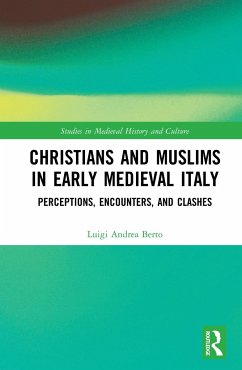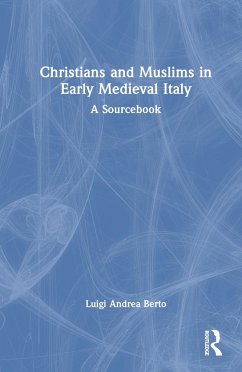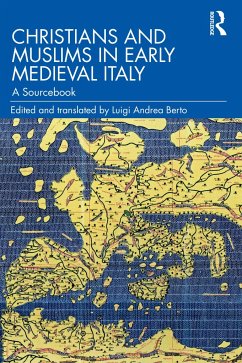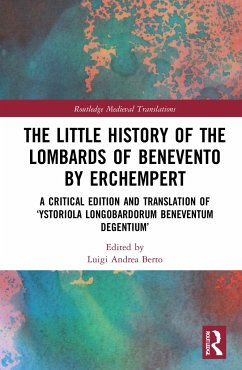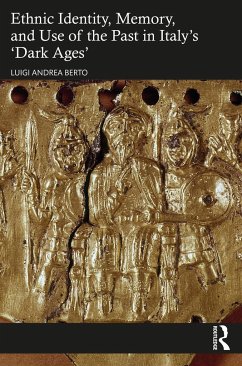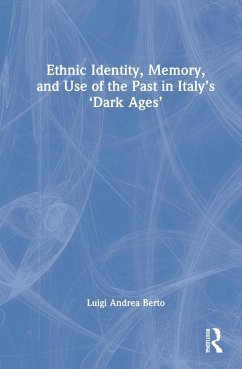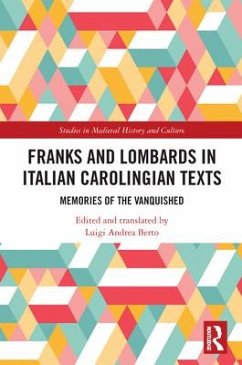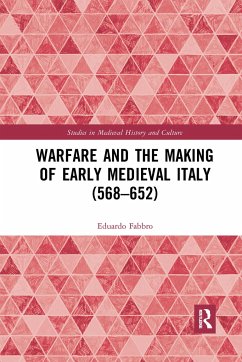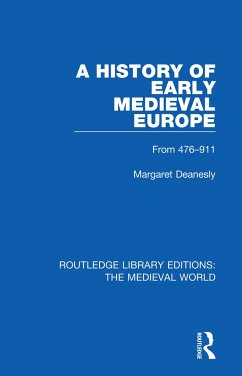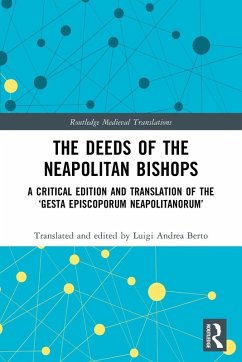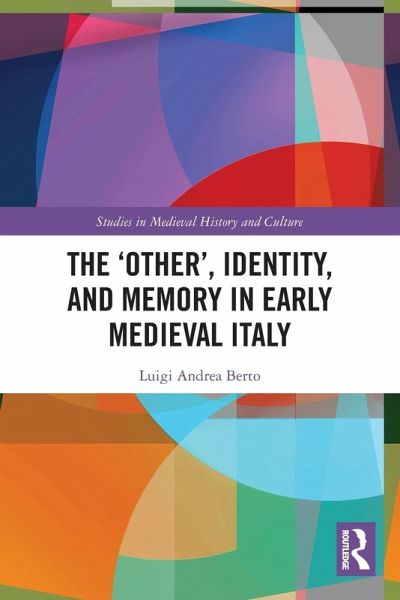
The 'Other', Identity, and Memory in Early Medieval Italy
Versandkostenfrei!
Versandfertig in 6-10 Tagen
43,99 €
inkl. MwSt.
Weitere Ausgaben:

PAYBACK Punkte
22 °P sammeln!
The political fragmentation of Italy-created by Charlemagne's conquest of a part of the Lombard Kingdom in 774 and the weakening of the Byzantine Empire in the eighth and ninth centuries-, the conquest of Sicily by the Muslims in the ninth century, and the Norman 'conquest' of southern Italy in the second half of the eleventh century favored the creation of areas inhabited by persons with different ethnic, religious, and cultural background. Moreover, this period witnessed the increase in production of historical writing in different parts of Italy. Taking advantage of these features, this vol...
The political fragmentation of Italy-created by Charlemagne's conquest of a part of the Lombard Kingdom in 774 and the weakening of the Byzantine Empire in the eighth and ninth centuries-, the conquest of Sicily by the Muslims in the ninth century, and the Norman 'conquest' of southern Italy in the second half of the eleventh century favored the creation of areas inhabited by persons with different ethnic, religious, and cultural background. Moreover, this period witnessed the increase in production of historical writing in different parts of Italy. Taking advantage of these features, this volume presents some case studies about the manner in which 'others' were perceived, what was known about them, the role of identity, and the use of the past in early medieval Italy (ninth-eleventh centuries) focusing in particular on how early medieval Italian authors portrayed that period and were, sometimes, influenced by their own 'present' in their reconstruction of the past.
The book will appeal to scholars and students of otherness, identity, and memory in early medieval Italy, as well as all those interested in medieval Europe.
The book will appeal to scholars and students of otherness, identity, and memory in early medieval Italy, as well as all those interested in medieval Europe.





